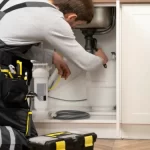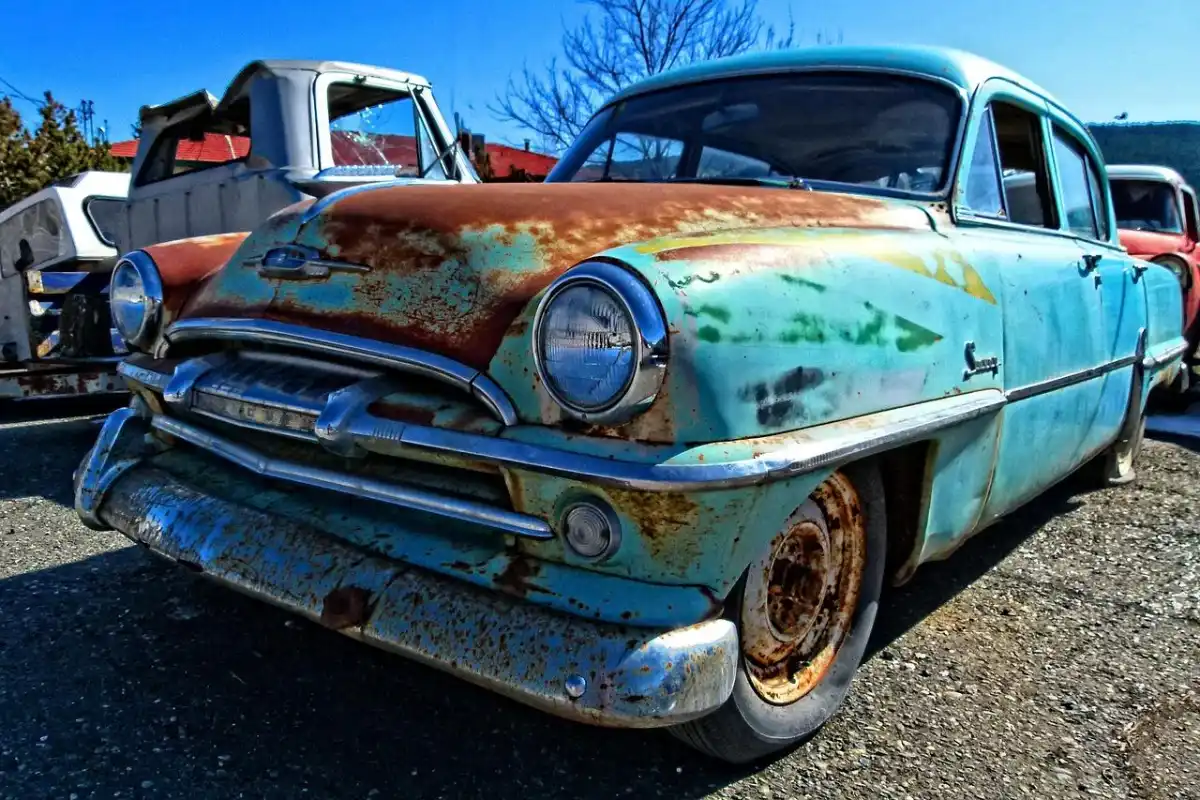Corrosion is a common problem faced in many industries. It happens when a refined metal naturally converts to a more stable form like its oxide, sulphide, or hydroxide state. This can lead to deterioration of metal, and the substance may start becoming dysfunctional. Rust and corrosion can also lead to safety issues and ruin the integrity of metallic equipment. And although some people may try to maintain their material regularly, it can drive up the costs. A few special steps should be taken to ensure the steel equipment remains in its prime form and keeps working for the purpose for which it was designed.
If you are a business owner who is looking for ways to prevent corrosion, we have some tips to help you deal with this issue. Check them out below!
Galvanization
This is the method that involves dipping steel into liquid zinc. The iron present inside steel contacts zinc to create an intact alloy that works as its protection. This process was invented around 250 years ago and it has been used for protection against corrosion in playground equipment and sculptures.
It is essential to note that for effective galvanization, companies must send their equipment to professionals who use special tools and procedures to galvanize metal. It is, however, important that you look for experts in the field. Searching thoroughly for galvanizing services near me can help you reach out to people who are pros at covering your metals appropriately and saving them from corrosion and rust.
Barrier Coatings
An easy and cheap way to prevent corrosion is to add a barrier on metal like paint, powder, or plastic. Powders like nylon and urethane can stick to the metal to create a thin film. Wax and plastic are also sprayed on the metallic surface. Paint also acts as a coating to protect the metal.
Painting happens by combining different procedures. The first coat is when the primer is applied which acts as an inhibitor. An intermediate coat adds thickness to the paint, and the last coat works as a finish, providing resistance against environmental factors.
One disadvantage of coatings is that they should be stripped and reapplied. Coatings that don’t adhere can peel and cause increased levels of corrosion. They may have a volatile organic compound that makes them dangerous to the environment.
Oil Application
Oil is another way to stop the metal from corrosion. It can lubricate the metal parts and enable them to move with less friction. It also creates a protective layer against rust. The principle that works here is that moisture doesn’t react with the metal in the iron.
One thing to note is that oil is not the perfect solution. Oil makes it challenging to get a grip on an object. It can be dirty and unpleasant to work with. Oil coating should be done repeatedly, and this can take time and energy.
Cathodic Protection
Cathodic protection uses an electrochemical process to coat the metal. The active areas on the metal are changed into passive sites by adding electrons from another source. The galvanized anodes attach to the surface or near it. Metals used as anodes include zinc, magnesium, or aluminum.
The cathodic protection can be quite effective. The anodes are easily consumed and must be checked or replaced, which can increase maintenance costs. They also increase the mass of the attached structure, which isn’t effective in intense environments.
Alloy Utilization
Every metal corrodes at a different rate. And this is why, the alloys that are made from two or more different metals can resist rust. Typically, steel is an alloy that is made from carbon and iron. Adding more metals to the mixture, like manganese, chromium, nickel, and others, can help create different types of steel alloys.
Some kinds, like stainless steel can help to prevent corrosion completely. Even though they can still corrode a bit, they will rust much slower. Some metals, like COR-TEN steel, will get rusty but then stop rusting in certain conditions.
It’s important to think about stopping rust, but also to choose a metal mix that fits the job. Also, think about how you’re welding it and where it’s going because that affects how fast it will rust.
Drying Agents
Drying agents can prevent contamination by absorbing excess water, which can lead to corrosion of electrical and metallic equipment. They are mainly helpful for removing collected condensation or water from sensitive instruments.
Linseed oil and tung oil are commonly used drying agents as they dry quickly upon exposure to air. However, it’s important to know that while the encapsulation method can help preserve the properties of these oils, ensuring even mixing with water can be challenging.
Powder Coating
Powder coating is used to coat a metallic object in an assembly line. In the first step, static electricity binds a powdery substance from acrylic, epoxy, or polyester. Next, the powder melts in the furnace to form a smooth and solid layer. Considering that there is no liquid involved, powder coating is best for some parts or finishes.
Powder coating covers the metal under a protective layer. This prevents the moisture from reaching metal and prevents rust. However, it’s crucial for the coating to remain intact to provide adequate protection against corrosion. So make sure you opt for a professional service provider if you plan to powder coat your metal products to save them from getting damaged.
Parting Notes
Stopping rust is highly essential to keep the metal in good shape. The strategic use of coatings and the right materials can help stop rust from reaching the metal. Galvanizing has proven to be one of the most durable ways of rust prevention. It gives a smooth appearance and preserves the integrity of metallic surfaces.
It is also key to check things regularly and fix any rust early on. With these simple steps, you can make sure your metal things last a long time without rust causing trouble.














